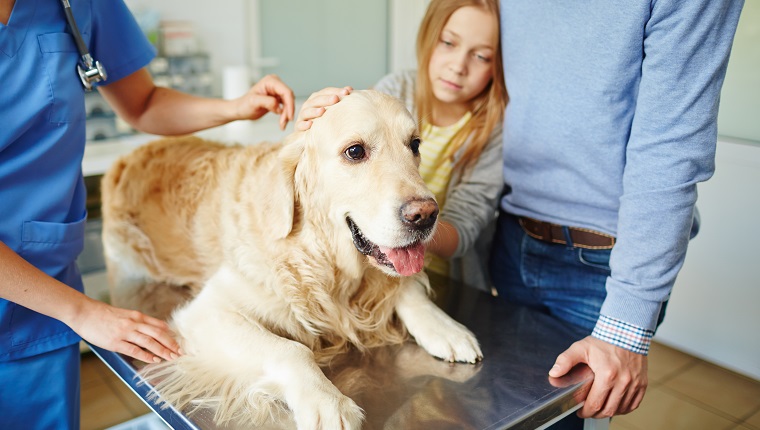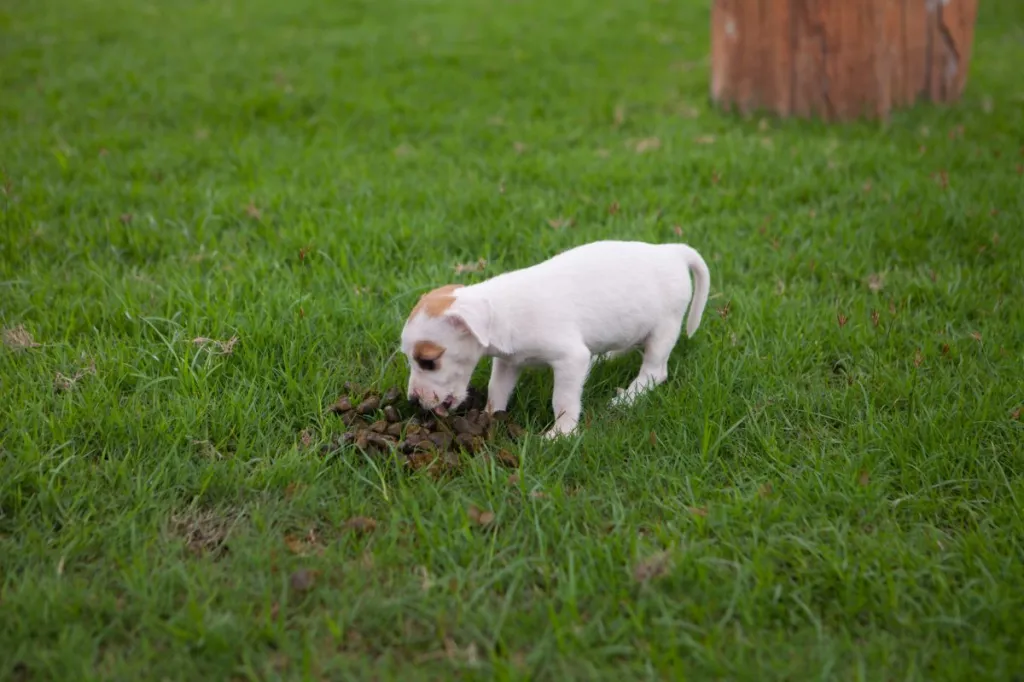Coccidia in dogs is a gastrointestinal condition that refers to a particularly foul smelling sort of diarrhea. The feces is often described as smelling like a fungus.
The condition results from a parasite known as canine Cystoisospora spp, also sometimes referred to as Isospera, which infects a dog’s intestinal tract.
If you see signs that your dog is suffering from an unusual bout of diarrhea, then you must consult your veterinarian for a proper diagnosis and advice. Here’s what you should know about the symptoms, causes, and treatments of coccidia in dogs.
Symptoms Of Coccidia In Dogs
Coccidia in dogs can produce a range of symptoms. Some of the most common symptoms include:
Causes Of Coccidia In Dogs

The cause of coccidia in dogs is the parasite canine Cystoisospora spp. The main ways that a dog might come into contact with the parasite are interacting with infected soil or fecal matter.
While other animals can carry these parasites, the disease is considered to be specific to the host, so it’s unlikely that a dog will contract it by ingesting the infected feces of another species, such as a cat or a sheep.
Veterinary Treatments
If you suspect that your dog has developed coccidia, your veterinarian will want to ask about your dog’s recent activities and potential exposure to infected soil or feces. The vet can also use an analysis of your dog’s stools to confirm a diagnosis.
Treatment involves getting rid of the parasites. This can involve a course of medication, with vets often recommending the FDA-approved drug sulfadimethoxine.
As ever, if your vet prescribes your dog any sort of medicine, it’s vital that you stick to the precise dosage and frequency instructions and complete the full course of medication.
In general, you can help protect your dog from this disease by cleaning up their poop quickly and keeping them away from areas that are experiencing an outbreak.
Has your dog ever caught coccidia? What steps did your vet take to treat your pet? Tell us all about it in the comments below.









